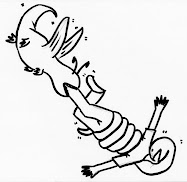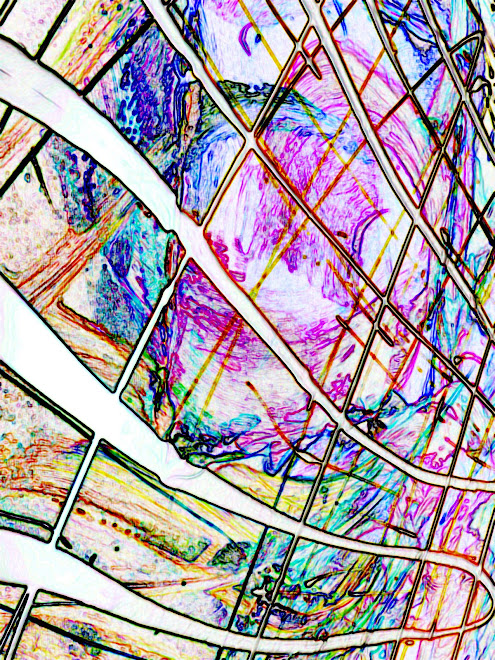After being impressed by the profound videos we are often shown in tutorials (to which Charlie the Unicorn is absolutely no acception) I turned to YouTube in search of something that would encapsulate the importance of online communities and highlight the value of these communities as part of the "real" world. After a rather lengthy amount of searching and many frustrated combinations of keywords later, my quest for a flashy video, smoothly cut, with catchy music and stunning graphics came to a rather abrupt end. I suddenly realised that on YouTube, these videos are far and few between. In this came my revelation.
Avid and popular YouTube user Paul Robinett (also known as Renetto) suggests that “people are innately born with a desire to communicate and to have a fellowship and community with each other”. Robinett’s Who Are You video (see below) expresses that the value of YouTube, and essentially the internet, resides in the community of users. Since the posting in August 2006 it has received 181,107 hits (correct at time of blogging) and a wealth of comments praising Robinett for identifying the value of community and challenging the stereotype of YouTube users as timewasters who have nothing better to do than film goofy videos for the sake of their own amusement. True not all the comments entailed praise, but at least some users were appreciative in their own right.
A refreshing and honest response to Robinett’s post came from YouTube user 1938Superman. The following video, re: who are you? (our online community), is 1938Superman’s personal reflection on online communities.
The opinion presented in 1938Superman’s video, while subjective, can be applied beyond YouTube users, to all users of the internet. It is a raw and insightful comment on the value of online communication, and the virtual communities that grow from this.
YouTube isn't about the technically elite sharing their latest works, but it is about interaction, communication, and a democratic inclusiveness. The same goes for the internet, and the many online communities exisiting within its endless boundaries. The real value here is that online environments are essentially nuetral and non-discriminatory, allowing for true self expression to immerge. Sure you might get torn to pieces once you put yourself out there, but another virtual identity is only a click away.
Finding who you are online is a much less evasive and frightening journey. Maybe once we have this more defined sense of self those of us previously socially incapacitated may find the courage to become active in the "real" world. And if they/you don't what is actually wrong with living life online? It's your life, your choice, and your community.




No comments:
Post a Comment